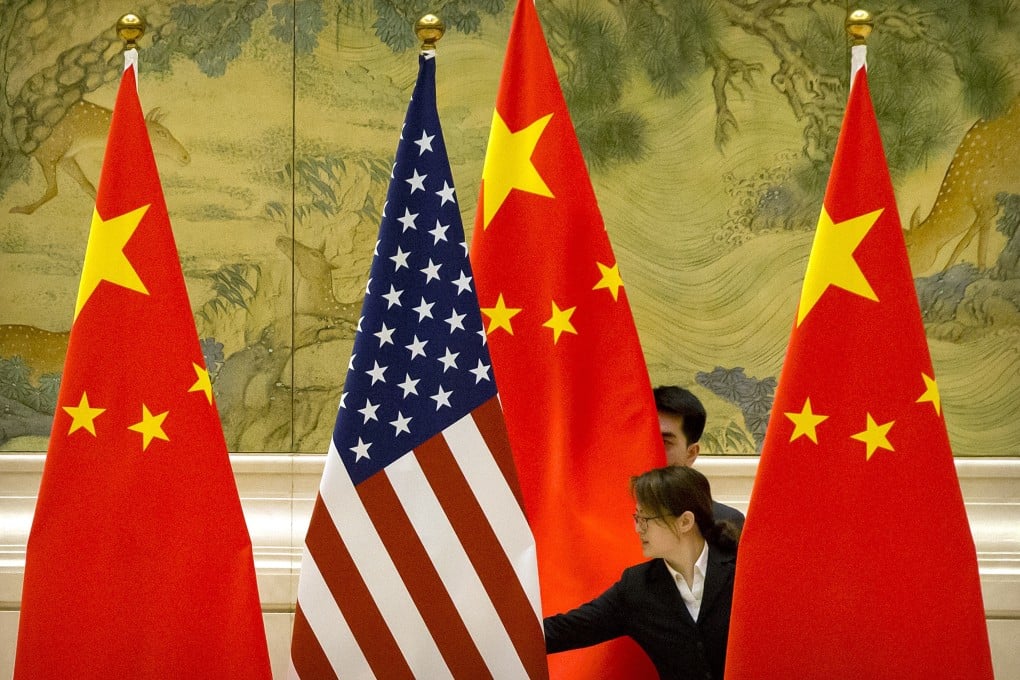Advertisement
Explainer | How have US-China talks failed and succeeded in recent years?
- Barack Obama, Donald Trump and Joe Biden have used different tactics when engaging with China on politically sensitive issues that have strained bilateral ties
- Outlook remains dim on an improvement in political environment between Washington and Beijing for the foreseeable future, according to analysts
Reading Time:4 minutes
Why you can trust SCMP
5

Amanda Leein Beijing
Although presidents Xi Jinping and Joe Biden met virtually on Tuesday for their first formal dialogue since Biden took office in January, there was little indication that their nearly four hours of talks achieved any sort of breakthrough in the areas of trade and industrial policies – thorny issues that have strained China-US relations for almost two decades.
US National Security Adviser Jake Sullivan elaborated on this prickly point during a separate discussion hosted by the Brookings Institution in Washington on Tuesday.
Sullivan specifically referred to agreements between the United States and European Union – such as ending a 17-year dispute between Boeing and Airbus to set the terms for the civil aviation industry – and said such arrangements help provide a foundation to counter China’s economic practices.
Advertisement
“All of this is about working with like-minded partners to write the rules of the road for the 21st century in a way that advances our interests, reflects our values, and yes – pushes back on China’s non-market economic practices,” Sullivan said.
Advertisement
Also this week, US Trade Representative Katherine Tai and Commerce Secretary Gina Raimondo are meeting with their counterparts in Japan, South Korea and India, but not China, as the Biden administration aims to forge stronger trade ties with the largest economies in Asia.
Advertisement
Select Voice
Choose your listening speed
Get through articles 2x faster
1.25x
250 WPM
Slow
Average
Fast
1.25x